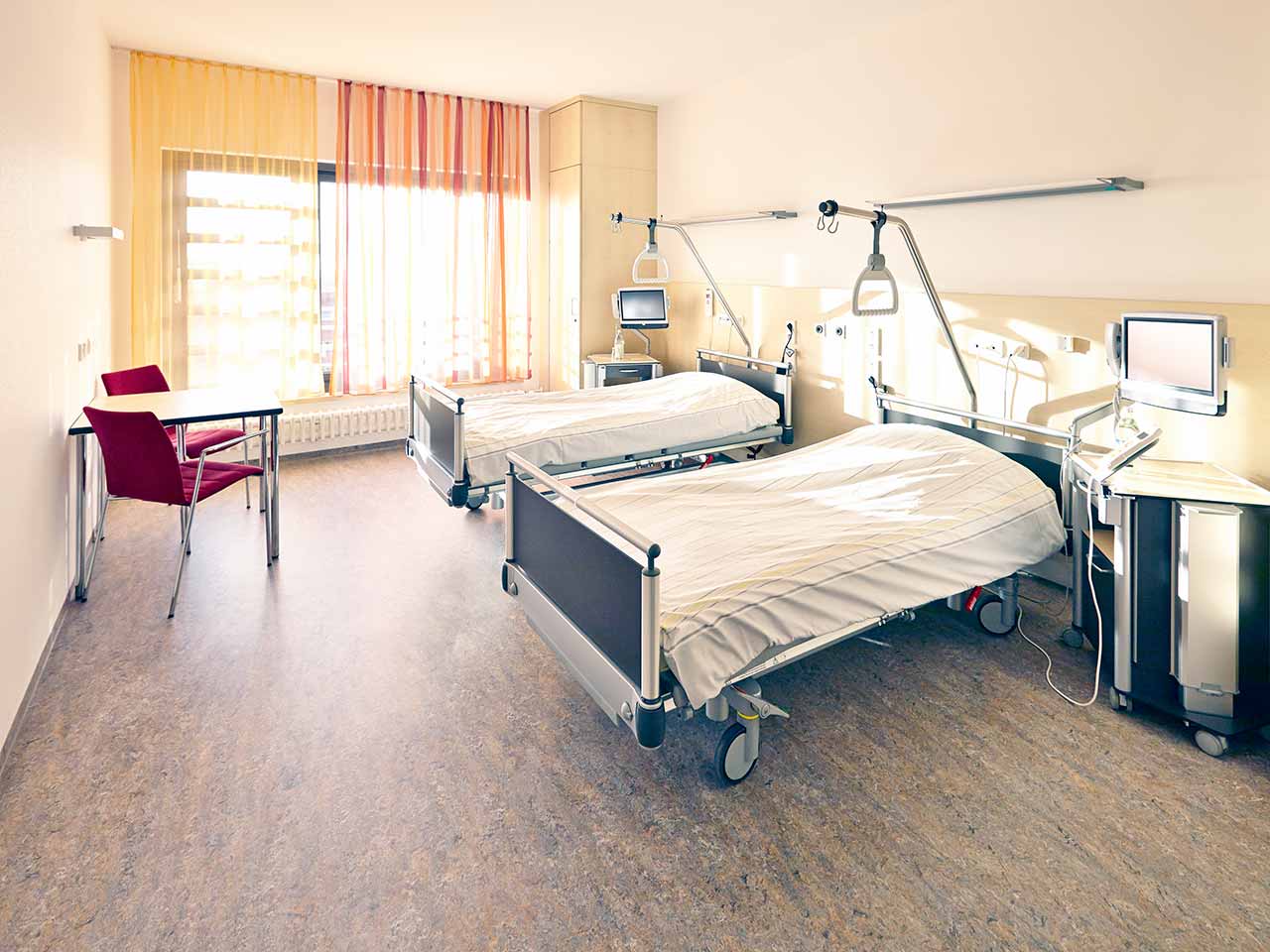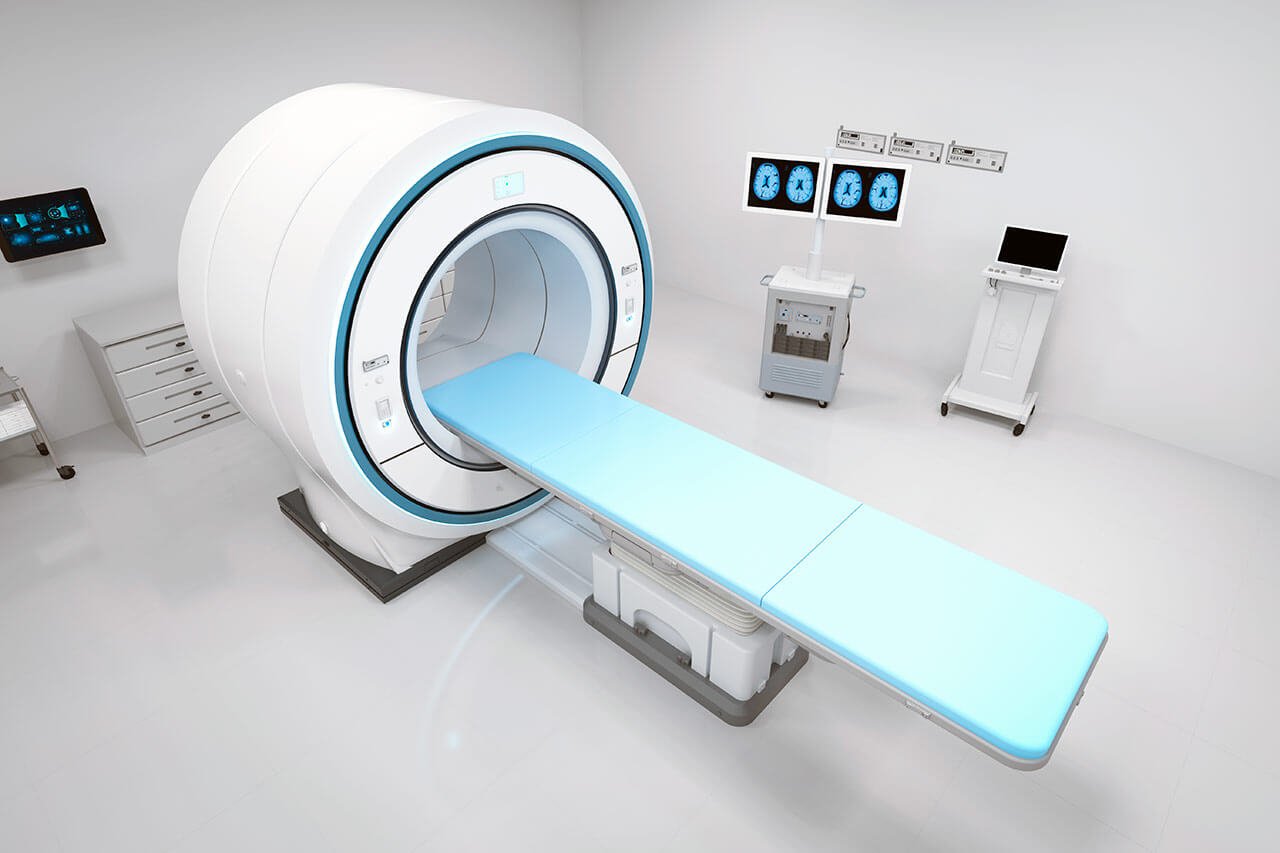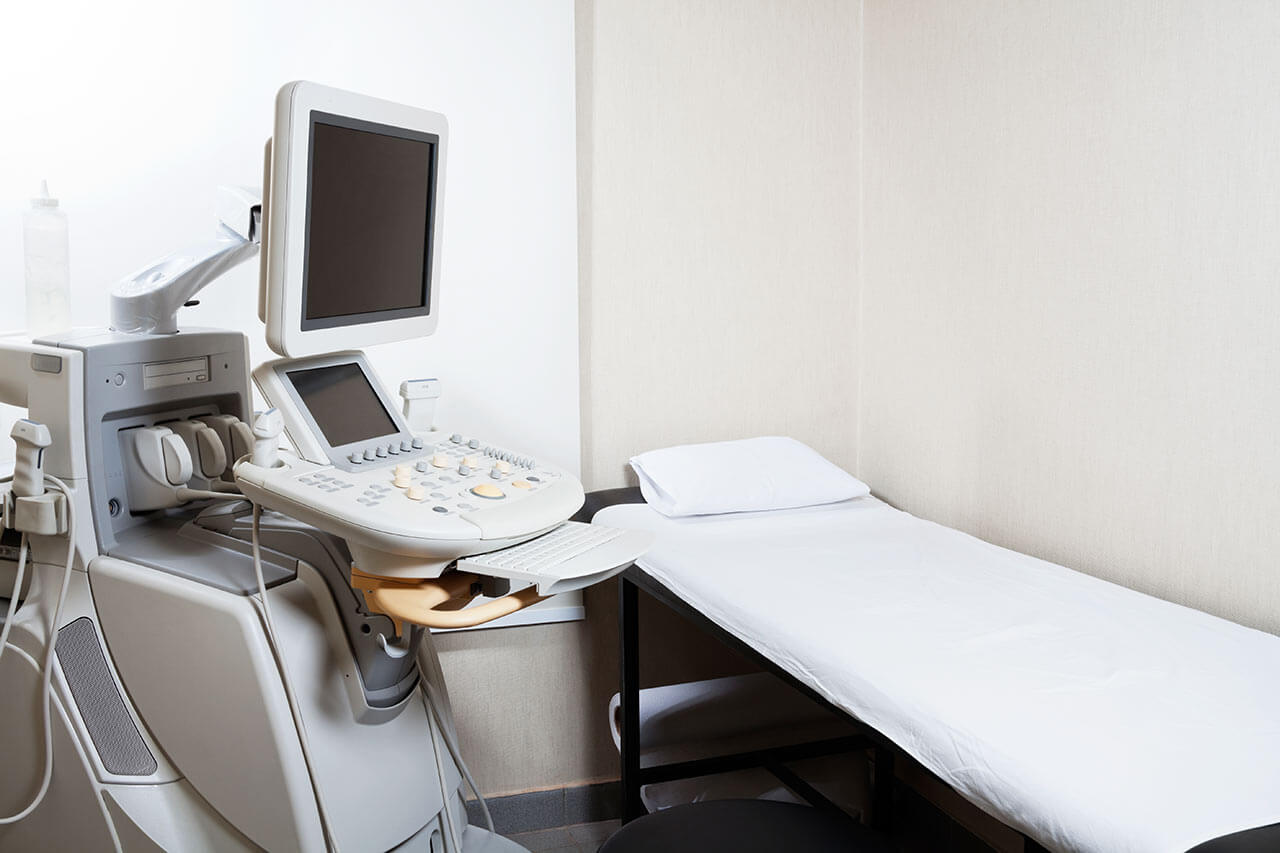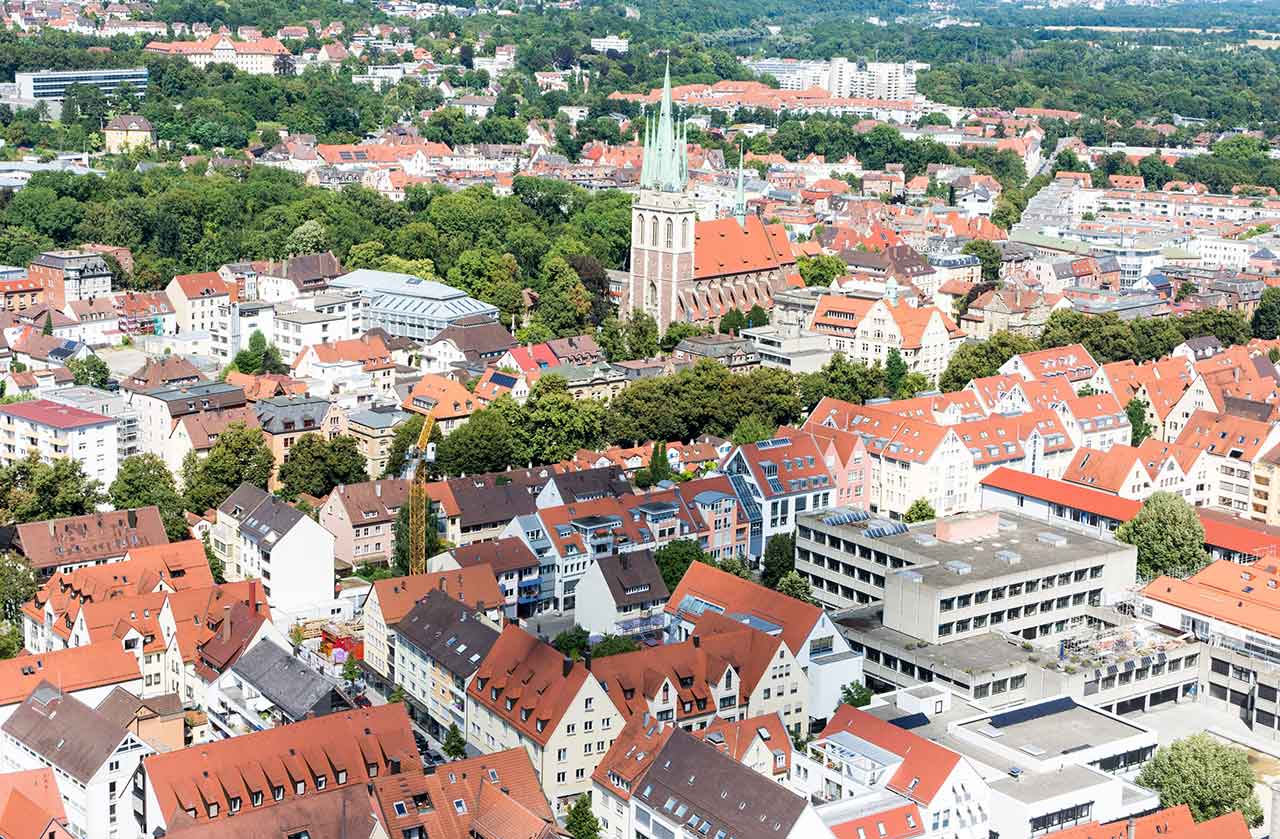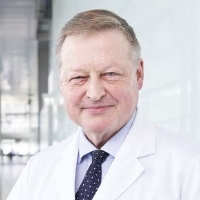
About the Department of Neurology and Epileptology at University Hospital Ulm
The Department of Neurology and Epileptology at the University Hospital Ulm offers comprehensive diagnostics and effective treatment of diseases of the central and peripheral nervous systems. The department's team of doctors has long experience in the medical care of patients with Parkinson's disease, multiple sclerosis, amyotrophic lateral sclerosis, epilepsy, dementia, neuromuscular diseases, brain and spinal cord tumors, stroke, and other pathologies. The department has state-of-the-art diagnostic equipment for comprehensive diagnostics of the nervous system and assessment of the patient's neurological status. During the therapeutic process, doctors use individually developed treatment regimens, including drug therapy, physiotherapy, therapeutic exercises, occupational therapy, and other methods. The department also houses an outpatient clinic specializing in botulinum toxin injection therapy for dystonia, spastic paralysis, sialorrhea (excessive salivation), and hyperhidrosis (excessive sweating). Medical care includes not only primary care, and the department has a specially trained team for follow-up rehabilitation, including measures for occupational and home reintegration. High-precision medical equipment for diagnostics and therapy, combined with the rich clinical experience of the department’s doctors, is the key to high treatment success rates and the excellent reputation of the medical institution at the national and international levels. The Head Physician of the department is Prof. Dr. med. Georg Bernhard Landwehrmeyer.
The department is one of the few medical facilities in Germany that has gained vast experience in the medical care of patients with amyotrophic lateral sclerosis (ALS). This neurological disease occurs due to lesions of the motor neurons in the brain and spinal cord. Patients with ALS suffer from severe motor function disorders: they cannot walk, move their hands and fingers, or perform other similar actions. ALS is characterized by constant progression. Over time, movement restrictions are complemented by paresis of the respiratory muscles. The exact causes of the development of this neuropathology are still unknown. In many cases, specific genetic mutations trigger the condition. Diagnostics for suspected amyotrophic lateral sclerosis include a variety of laboratory tests, neurophysiological studies, brain and spinal cord MRI scans, and a lumbar puncture. Unfortunately, there are no effective methods for a complete cure of ALS, but the department's neurologists have at their disposal effective methods to control the pathology, prolong the patient's life, and ensure a high quality of life. The first-line treatment is drug therapy to relieve symptoms and slow disease progression. Medication intake may be complemented by therapeutic massage, physiotherapeutic procedures, thermal procedures, hydrotherapy, and other treatment methods.
An important focus of the department's clinical activities is the treatment of Parkinson's disease and other movement disorders. Parkinson's disease is one of the most common neurological disorders that affect elderly people. The main manifestations of the disease include limb tremors, stiffness, eyelid, tongue, and lower jaw twitching, balance and coordination impairments, memory, attention, and concentration disorders, depression, anxiety, sleep problems, and excessive salivation. If Parkinson's disease is suspected, the department's specialists study the patient's medical history, listen to their complaints, carry out a physical examination, neurophysiological studies, and imaging examinations of the brain (CT and MRI scans). Dopamine level testing is mandatory because movement disorders in Parkinson's disease are largely due to a deficiency of this neurotransmitter. After a comprehensive examination and making an accurate diagnosis, the department's neurologists proceed with treatment, the main goal of which is to alleviate symptoms and improve the quality of life of the patient. The therapy is based on the prescription of drugs that increase dopamine levels in the brain, thereby eliminating tremors and improving motor functions. Drug therapy is supplemented by physiotherapeutic procedures, occupational therapy, and speech therapy (if the patient has some speech disorders). An important role is given to a healthy diet, normal sleep, and regular, moderate physical activity. If the implementation of the above-mentioned therapeutic measures does not yield the desired result, the possibility of deep brain stimulation may be considered. The procedure is performed in collaboration with neurosurgeons. Its essence lies in stimulating certain areas of the brain with electrical impulses, which can significantly alleviate symptoms of Parkinson's disease such as tremors, stiffness, and slowness of movement.
The medical facility also admits patients with epilepsy. This is a chronic brain condition characterized by seizures resulting from increased electrical activity of the brain neurons. During the diagnostics of a patient with suspected epilepsy, it is important for the department's specialists to obtain information about the frequency, intensity, and duration of epileptic seizures. An integral part of the diagnostic process is electroencephalography (EEG), during which the electrical activity of the brain is recorded. In most cases, a brain MRI scan is also performed. A treatment regimen for confirmed epilepsy is developed individually. The specialists mostly use only drug therapy with anticonvulsants. If such treatment fails, vagus nerve stimulation may be carried out. This method significantly reduces the frequency and intensity of epileptic seizures, and in some cases, it can even ensure their complete disappearance. The last-line treatment is a surgical intervention, which is the responsibility of neurosurgeons.
The department's clinical focuses include the following:
- Diagnostics and treatment of amyotrophic lateral sclerosis
- Diagnostics and treatment of Parkinson's disease
- Diagnostics and treatment of epilepsy
- Diagnostics and treatment of restless legs syndrome
- Diagnostics and treatment of tremor
- Diagnostics and treatment of dementia
- Diagnostics and treatment of Huntington's disease
- Diagnostics and treatment of multiple sclerosis
- Diagnostics and treatment of neuromuscular diseases
- Diagnostics and treatment of brain and spinal cord tumors
- Diagnostics and treatment of neurofibromatosis
- Diagnostics and treatment of stroke
- Diagnostics and treatment of neuro-urological disorders (in collaboration with urologists): urinary incontinence, overactive bladder, and neurogenic bladder
- Diagnostics and treatment of dizziness
- Diagnostics and treatment of chronic headaches
- Diagnostics and treatment of swallowing disorders due to neurological diseases
- Diagnostics and treatment of Gilles de la Tourette syndrome
- Diagnostics and treatment of Phelan-McDermid syndrome
- Diagnostics and treatment of dystonia
- Diagnostics and treatment of spastic paralysis
- Diagnostics and treatment of other neurological diseases
Curriculum vitae
Prof. Dr. med. Georg Bernhard Landwehrmeyer is a highly qualified neurologist and one of the most experienced specialists in Germany in the treatment of Huntington's disease. He co-founded the European Huntington's Disease Network (EHDN) in 2004 and served as a Chairman of its Executive Committee until 2014. Dr. Landwehrmeyer is the Head Physician of the Department of Neurology and Epileptology at the University Hospital Ulm.
Prof. Landwehrmeyer graduated from the University of Freiburg, where he completed a residency in neurology, a research fellowship in neuropathology and molecular pharmacology, and a residency in psychiatry. The specialist trained in prestigious foreign hospitals, including the Royal Victoria Hospital in Belfast and the Canton Hospital St. Gallen in Basel. From 1993 to 1995, Dr. Landwehrmeyer served as a Postdoctoral Fellow at Massachusetts General Hospital, Harvard Medical School. From 1995 to 1999 he worked as a Member of the Department of Neurology and Psychiatry at the Albert Ludwig University of Freiburg. In 2000, he became a professor.
Prizes, Awards, and Honors
- 1980 - 1988 Scholarship by the German Academic Exchange Service.
- 1990 - 1991 Training Award by the German Research Foundation (DFG).
- 1993 - 1994 Research Prize by the German Research Foundation (DFG).
- 1994 - 1997 Research Award by the European Commission, Network of Excellence in Neural Networks.
- 2001 - 2004 Research Award by the European Commission, Neuroprotection & Natural History in Parkinson Plus Syndromes (NNIPPS).
- 2010 - 2013 Research Award by the European Commission, Pharmacodynamic Approaches to Demonstration of Disease-Modification in Huntington's Disease by SEN0014196.
Photo of the doctor: (c) Universitätsklinikum Ulm
